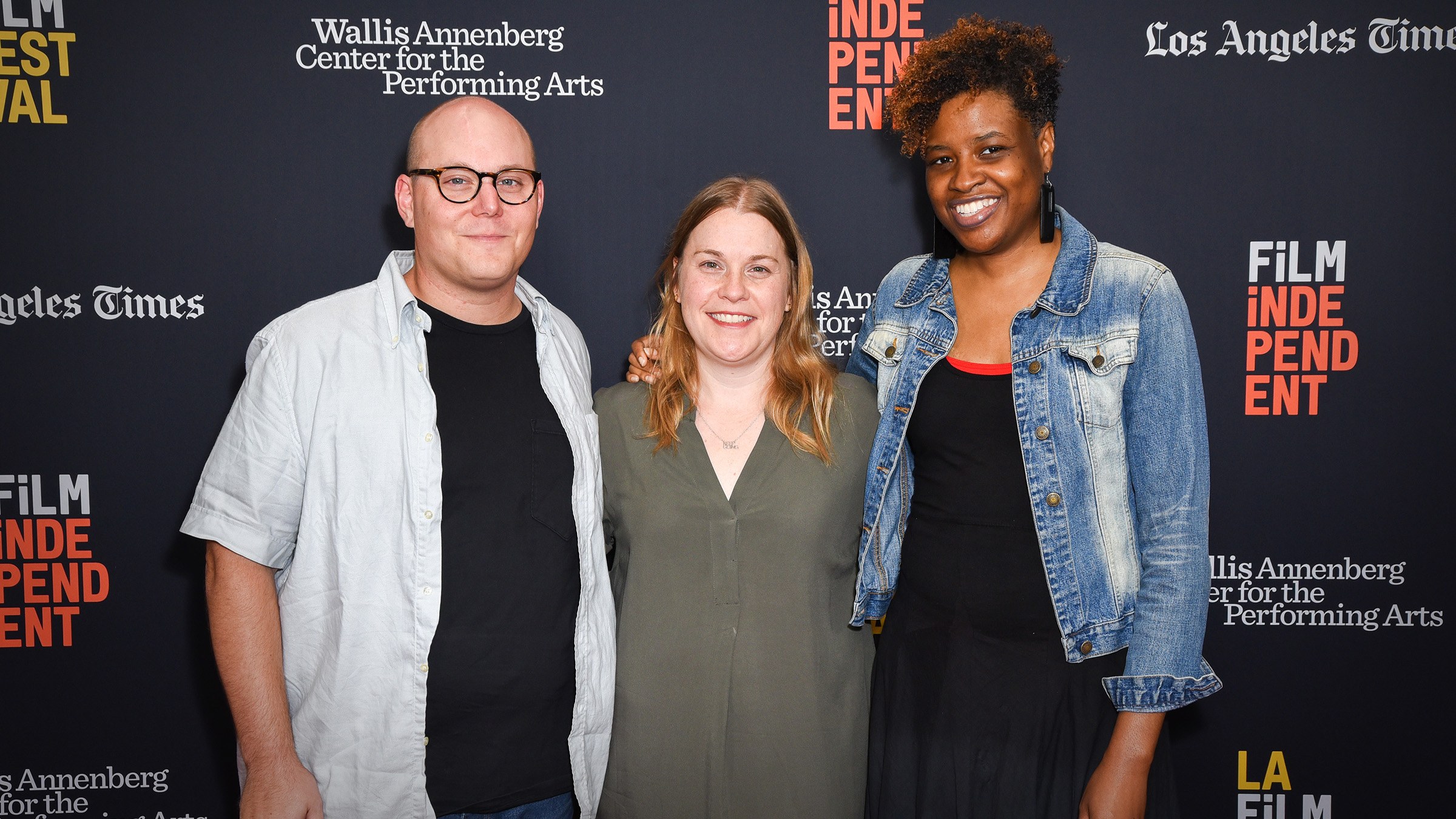Su Fang Tham, writing on Film Independent, summarizes a recent panel at the LA Film Festival called “The Future of Producing” that offered invaluable advice and insight.

Rebecca Green (whose Dear Producer website is gold) moderated; panelists were Avril Speaks, Lacey Leavitt and Steven J. Berger.
There are four interesting questions:
- What do you look for in a project?
- What is it do you think that audiences want?
- Why aren’t more producers creating a contingency plan for when their film doesn’t get distribution out of a festival?
- How do you build a producing career so that you’re not relying on directors to generate your next project and you’re creating your own path?
And the answers are just as interesting. Some great takeaways:
“Finding something with a unique voice is so important. What’s going to cut through all the noise and make it undeniably different from everything else? You really need to run your elevator pitch by real people — your grandmother, friends and family. If the other person isn’t freaking out about how awesome your idea is, you should ask yourself: am I going to devote the next five-plus years of my life to this? (Berger)”
“One question I always like to ask the filmmaker is, ‘Where’s the movie?’ Meaning: ‘Where is the entertainment value?’ Filmmakers are very passionate about their movie being personal to them, but they often miss the mark of why that should matter to anybody else. In order for an audience to care about your particular story, you also need to make sure it is entertaining. (Green)”
“We decided early on with Sadie that we wanted to set aside some money for P&A regardless of who we could get for distribution. We’ve been down this road before many times, with previous films, where certain distributors apply the same blanket distribution strategy without doing anything different to market individual films. There’s so much you can do on your own now in terms of targeting on social media and reaching your audience. (Leavitt)”
But the best takeaways for me were:
“As Summer Shelton wrote about for Dear Producer, just like you need to plan out your life, you need to ‘produce’ your career and think about what you want to be doing. My production company has been producing some VR films, and it’s been bending my brain in all sorts of great ways and it’s paying me. I’m also doing some pilot dramas for TV. So you have to produce your own career, not just your films. (Leavitt)”
“I’ve gone back to my early days as a development executive and have been digging for great material, mostly books, to bring to filmmakers rather than waiting for them to bring something to me. I often hear filmmakers complain that their agent never sends them anything good so I’m spending time getting to know the filmmakers I’d love to work with and hearing what kinds of stories they want to tell and then I go out and find it. Don’t wait for filmmakers to bring material to you — seek it out yourself. (Green)”
Along similar lines, the Canadian Media Producers Association has released an equity investment guide that goes beyond project funding. Profiled are six investments, from Love Money to IPO.
My take: I’ve been so focussed on projects, this is a bit of a revelation to me.


